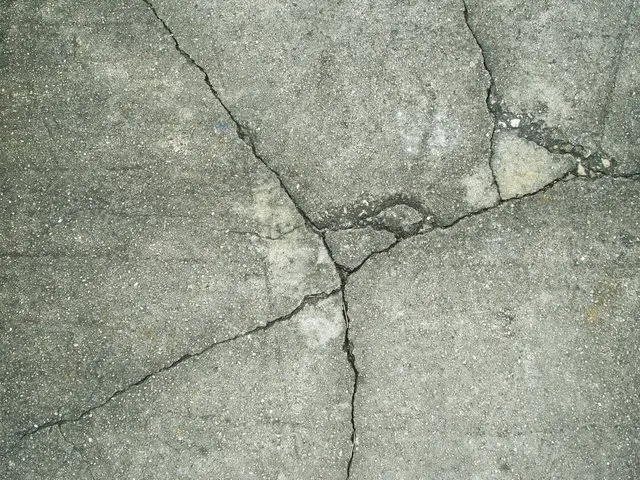If water is the most consumed substance in the world, the cement is found immediately after them. The main material used in modern construction around the world is designed for the production of infrastructure and systems, the development of residential houses and a variety of needs such as covering the ceiling surface, the production of an effective layer of protection for walls, thermal and acoustic insulation and polishing defects created when building. Transportation of cement in Israel and the world as a whole is considered one of the most complex and logistical crafts and only a handful of companies specialize in this type of transport
What is cement and how is it produced?
The cement powder (check on Amazon) in its professional name is called Portland cement and is obtained as a result of the preparation of a raw material consisting of a mixture of limestone and clay soil, which undergo a chemical combustion process in the furnace and at a temperature of about 1,600 degrees Celsius. The material obtained in the intermediate stage is called clinker and the same grind into a fine powder and add gypsum and minerals until the cement is obtained.
There are three acceptable ways of cement production: wet production process (the”old” process), semi-dry production process, and dry process. The difference between the three ways is the amount of water added to the raw material before burning it. The smaller the amount of water, the more energy can be saved and maintain a healthy and clean environment. The cement pours on a straight, clean, and dry surface, and in the end, it must be cleaned so that it is free of dirt, dust, and oils that may damage the final result. Also in order to carry out the application of cement, it is necessary to strictly follow the necessary safety instructions and use appropriate gloves and goggles.
Transportation of cement – how is it carried out?
Most countries of the world practice producing their cement independently and thus work in the US as well. The reasons for this are the complex transportation and short-term use of cement, in order not to absorb too much moisture.
When carrying out cement transportation, this can be done in one of two ways: transportation of cement in a dedicated container while loading and unloading using a vacuum pump, or transportation of cement in sacks. Already with the discharge of cement, it is necessary to calculate in advance the texture, dilute or thicken it if necessary. This means that in order to engage in professional areas related to cement, a lot of knowledge, a wealth of skill and professional experience of many years is needed.
Existing types of cement
The two most common types of cement are white cement and black/ gray cement consisting of mixtures of sand, cement, and various polymers. White Cement is suitable for construction or foundry where a light shade is needed such as natural stone flooring, apricot filling in a stone shell, bright granulite, and Mosaic. In the rest of the works, it is possible to use both types of cement. Other types of cement that exist and are common in Israel are Portland cement, hydraulic cement, and quick-hardening cement. In the construction where it is necessary to make a fine waterproofing (for bathrooms, swimming pools, or reinforcement for example), transportation of hydraulic cement (check on Amazon), which is most resistant to moisture and dampness, will be scheduled. When immediate repairs are needed, very fast work or speeding up of the existing work and without waiting for dilution or certification of cement, quick-hardening cement transport also called quick-drying cement will be ordered.
Marketing and transportation of cement fast and safe
Construction and renovation companies need a marketing and transportation company cement expert and professional who understands the needs of construction in the field and is able to transport the heavy and expensive material in the appropriate manner. It is necessary to choose only experienced movers, in order for the ordered cement to reach its destination quickly and safely using all existing equipment and knowledge. Only an experienced and professional company will be able to allow cement transportation in a short time and perform it in such a way as to avoid damages and observe all safety rules.
